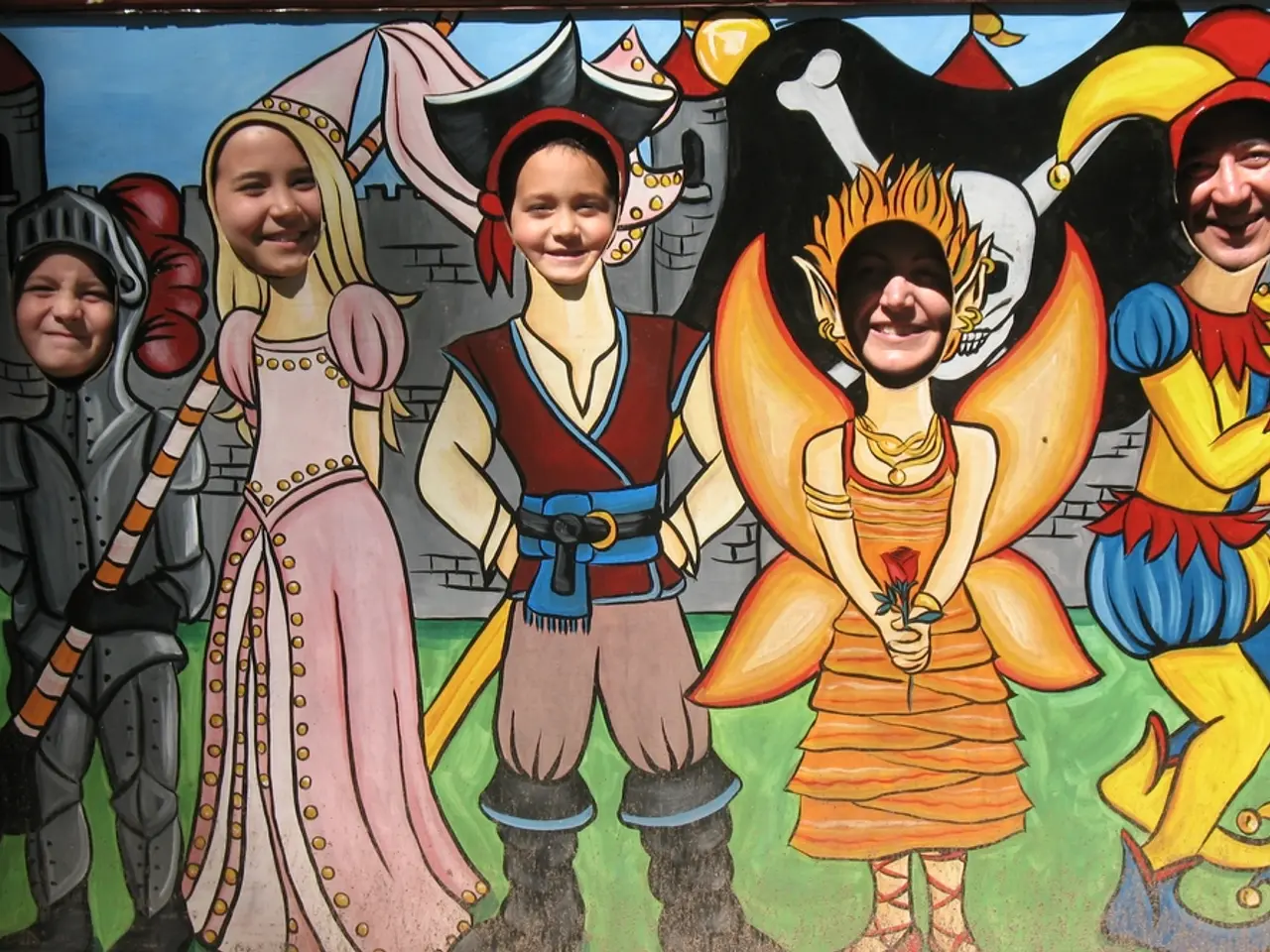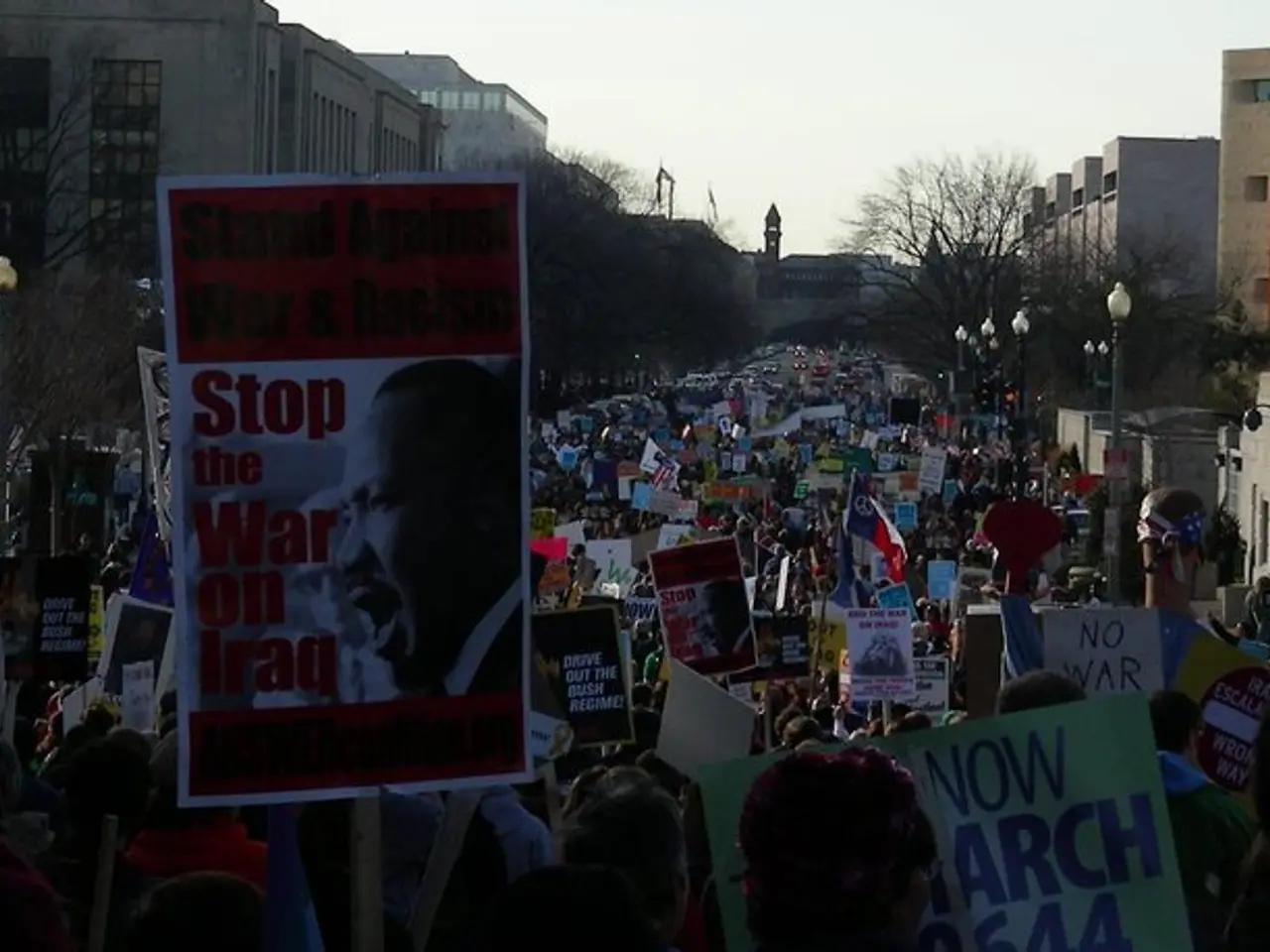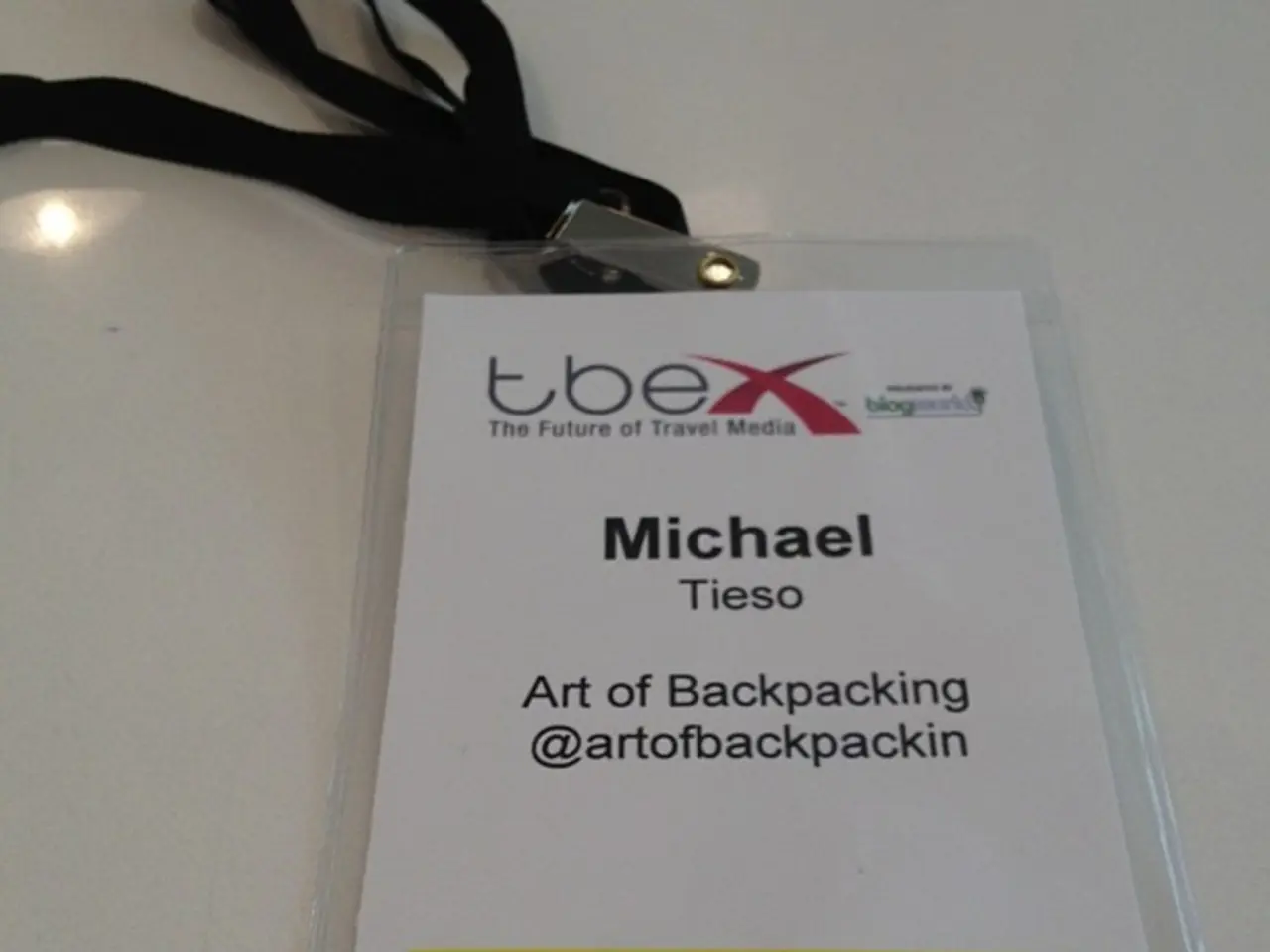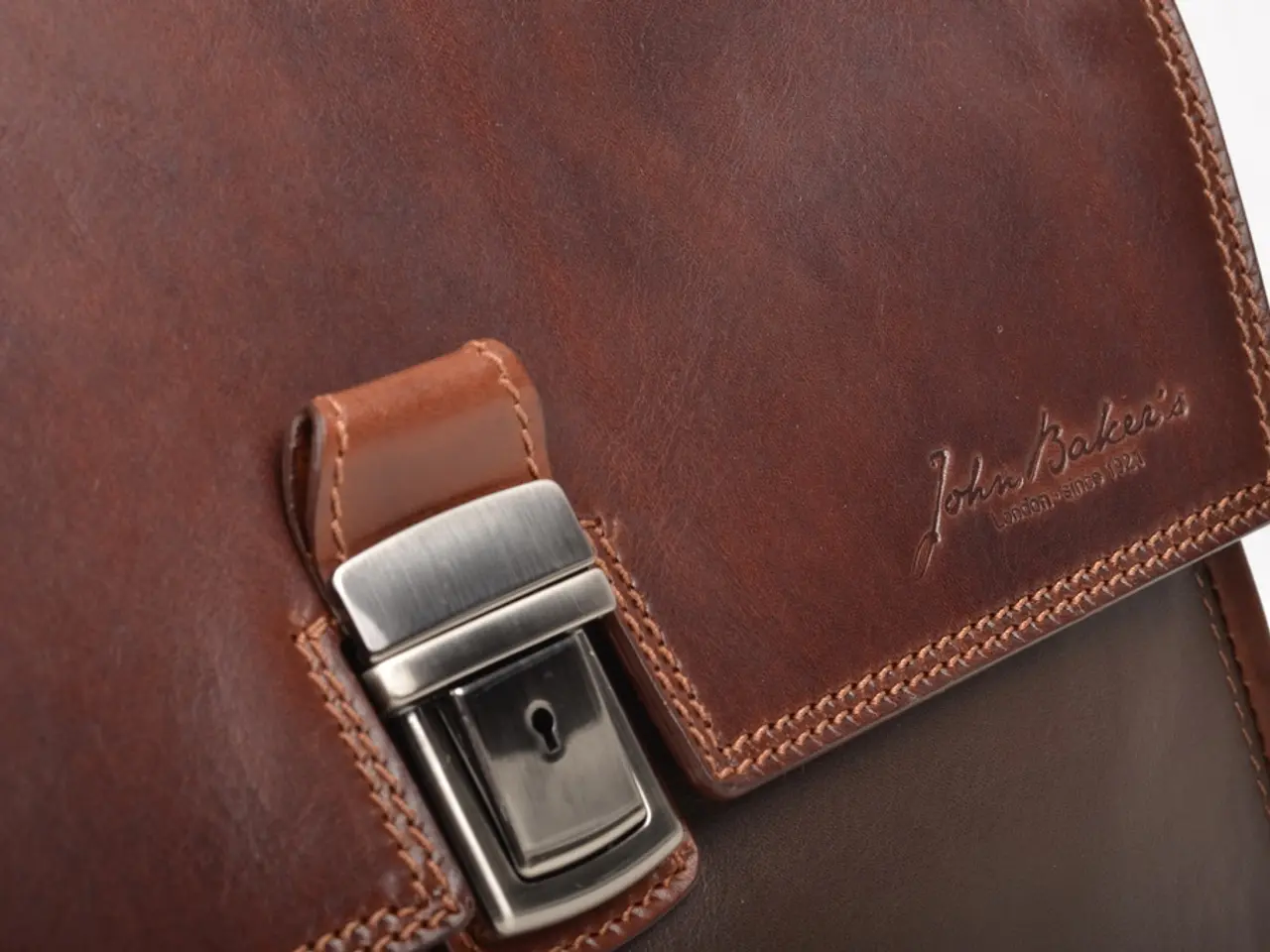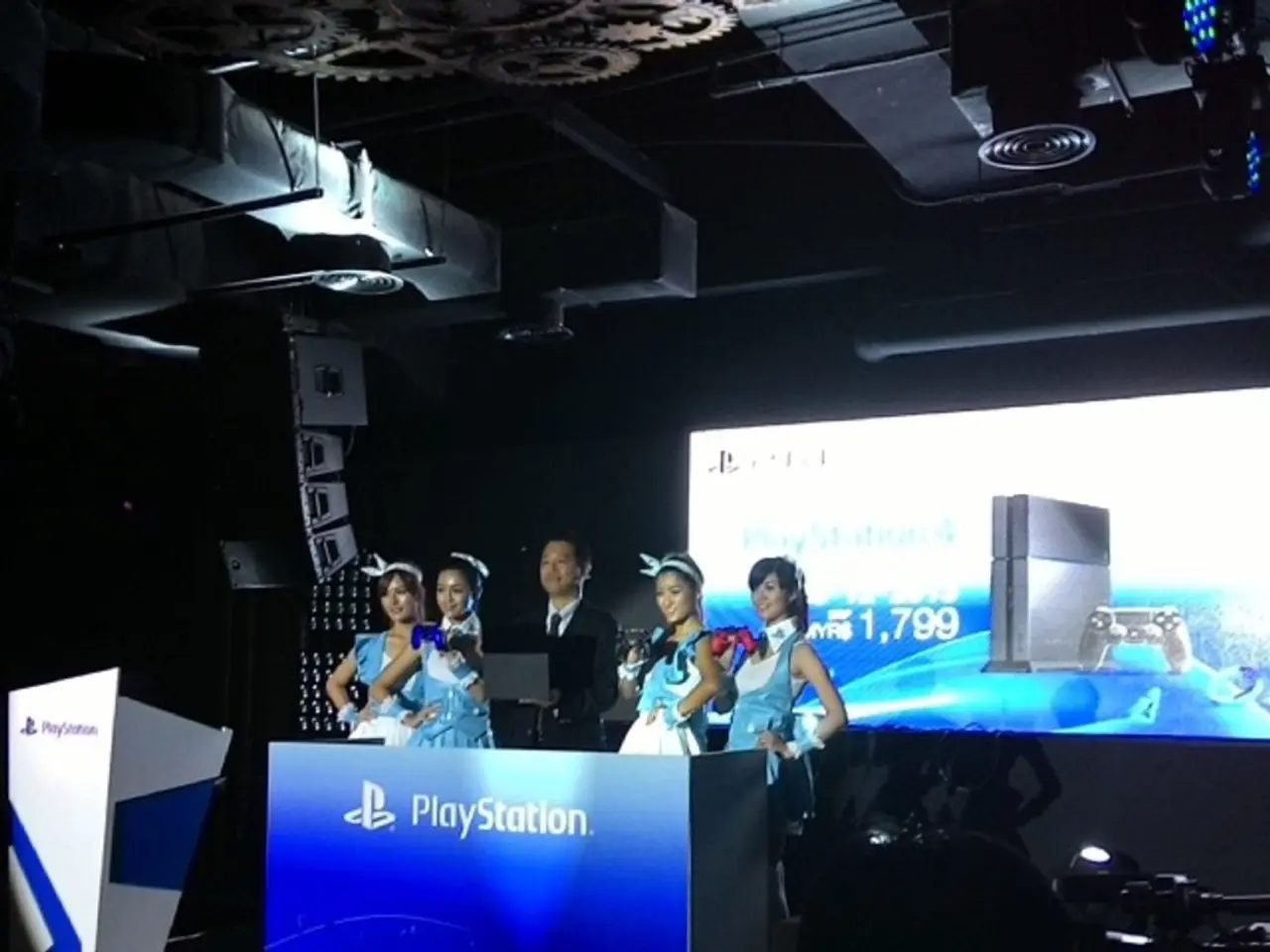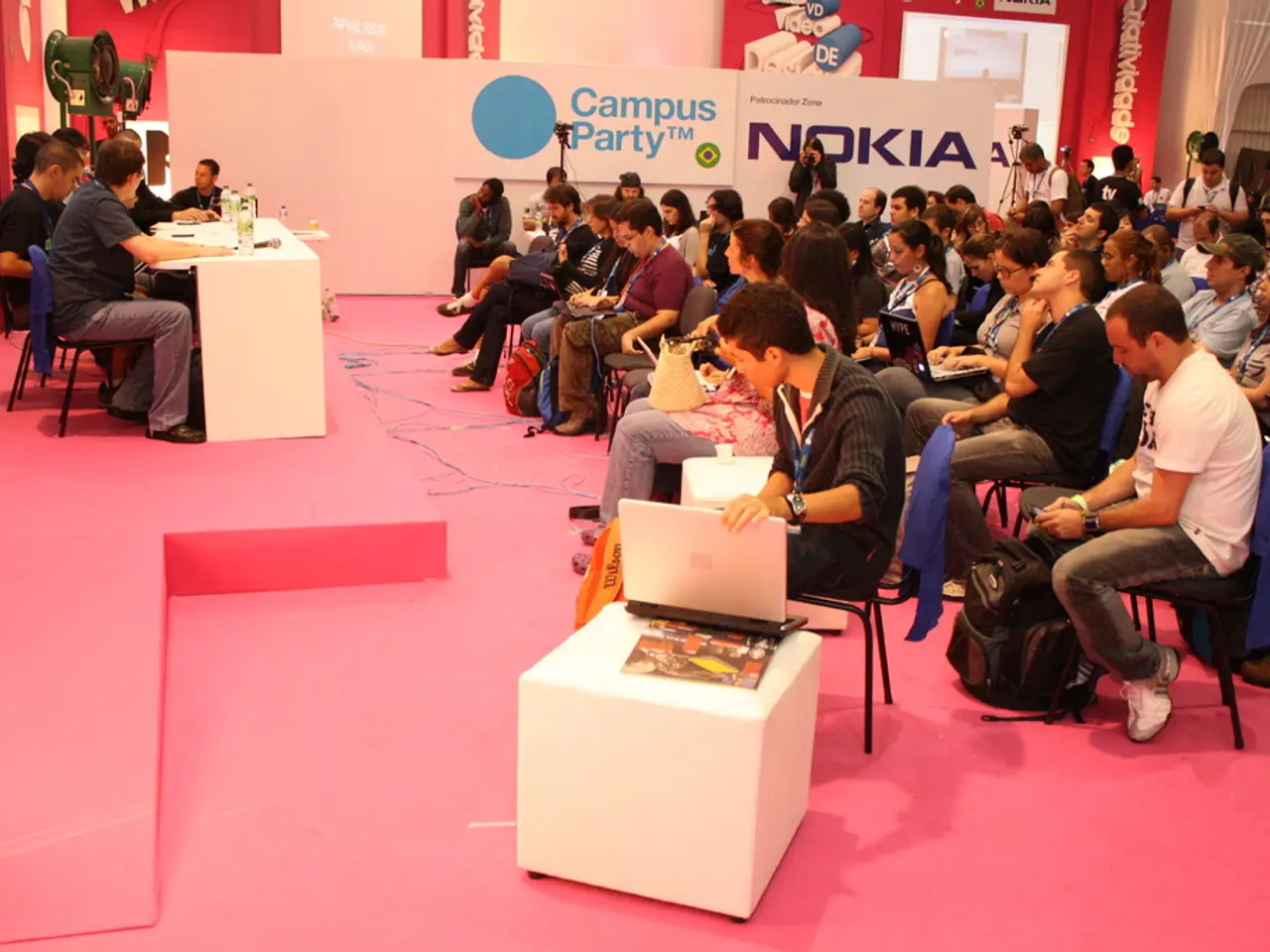Disney and Universal Square Off in Copyright Dispute Midway Through Battle
In a significant turn of events, AI firm Midjourney finds itself at the centre of a legal dispute with media giants Disney and Universal over alleged copyright infringement. The lawsuit, filed in Los Angeles on Wednesday, accuses Midjourney of replicating famous characters from Disney and Universal's intellectual property through its AI image-generating service.
The complaint asserts that Midjourney's images conspicuously replicate characters from beloved franchises such as Star Wars, Marvel, The Simpsons, The Lion King, Boss Baby, and Shrek. The AI company is accused of using copyrighted character works to train its Large Language Model (LLM), and allowing its subscribers to direct the service to produce visual content based on copyrighted material.
Midjourney, however, is mounting a strong defense. In a detailed 43-page response filed in U.S. District Court in California, the company denies the allegations, arguing that its AI technology operates within fair use boundaries. Midjourney contends that training its AI model on billions of publicly available images, even if some contain Disney and Universal content, is a "highly transformative" use protected under fair use doctrine.
The company also accuses Disney and Universal of hypocrisy, as they themselves have benefited from and continue to use generative AI tools for concept art, visual effects, and creative ideation. Midjourney argues that the studios cannot condemn AI use while simultaneously employing it.
Moreover, Midjourney stresses that its software does not function as a "virtual vending machine" that simply copies existing copyrighted works. Instead, it synthesizes new images statistically and creatively from training data, akin to how human artists learn and create.
The company also argues that it cannot be held automatically liable for every AI-generated image resembling protected characters, noting that legitimate uses like parody, fan art, and critique are protected and that it lacks the ability to pre-screen every output for infringement.
As the case progresses, Disney and Universal are petitioning the court for a preliminary injunction to prohibit Midjourney from offering its image and video-generation services unless it implements effective safeguards. Prior to filing the lawsuit, Disney and Universal attempted to resolve the matter with Midjourney directly, but their appeals were allegedly disregarded.
The ultimate legal resolution remains pending in federal court, with the case focusing on complex legal questions about fair use, the nature of AI training, and the rights of copyright holders versus AI developers. The outcome of this landmark case could have far-reaching implications for the AI industry and copyright law.
- Midjourney's legal team argues that, through its AI technology, the company transforms publicly available images, including those from 'movies-and-tv' like Star Wars, Marvel, The Simpsons, The Lion King, Boss Baby, and Shrek, thereby operating within 'entertainment' industry boundaries protected under fair use doctrine.
- In the ongoing dispute with Disney and Universal, Midjourney asserts that it creatively synthesizes new images using AI, likening the process to human artists, and stresses that it cannot be held responsible for every AI-generated image resembling copyrighted characters, as legitimate uses such as parody, fan art, and critique are protected.
